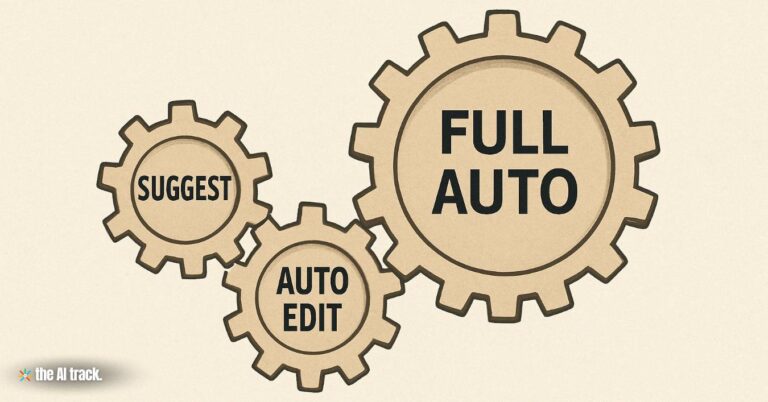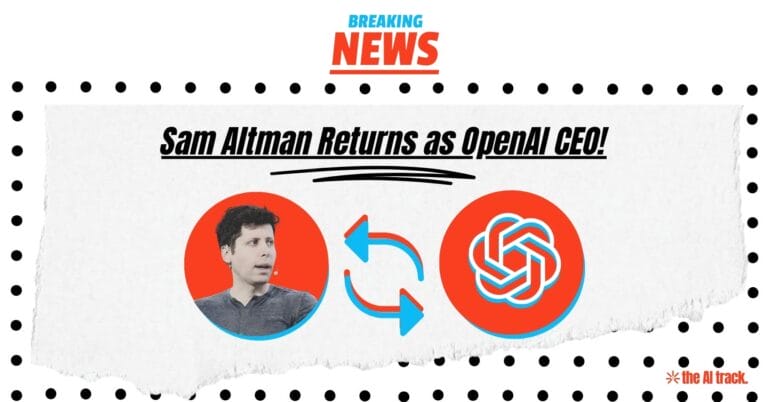OpenAI has released Codex CLI, an open-source, AI-powered coding agent for command-line interfaces, allowing developers to read, write, and execute code locally using its latest o4-mini model. It supports multimodal prompts, multiple autonomy levels, and maintains strict local privacy, marking a significant step toward OpenAI’s vision of agentic software engineering.

OpenAI Debuts Codex CLI – Key Points
- Launch Date & Tool: Codex CLI was launched by OpenAI on April 16, 2025, as a lightweight, open-source coding agent for terminal environments.
- Default Model & Alternatives: Codex CLI uses OpenAI’s o4-mini model by default but allows developers to select other models via the Responses API, enhancing flexibility.
- Supported Platforms: Fully supported on macOS and Linux. Windows support is experimental and may require Windows Subsystem for Linux (WSL).
- Integration with Local Code: Codex CLI integrates OpenAI models directly into command-line environments, enabling local file reading, code modification, and command execution without cloud dependency.
- Autonomy Modes: Offers three operational modes:
- Suggest: Reads files and suggests changes with user approval—ideal for code reviews and onboarding.
- Auto Edit: Can modify files autonomously, but requires approval to execute code—useful for repetitive tasks.
- Full Auto: Operates fully autonomously in a sandboxed, network-disabled environment, scoped to the current directory—suitable for longer tasks like prototyping or build fixes.
- Mode Switching & Warnings: Developers can toggle modes via flags (
-suggest,-auto-edit,-full-auto) or the in-session/modeshortcut. Codex CLI issues warnings if version control isn’t active before entering higher-autonomy modes. - Multimodal Reasoning Support: Accepts screenshots, text, and diagrams as inputs, enhancing contextual understanding and supporting more complex user instructions.
- Installation Process: Freely available on GitHub. Install via
npm install -g @openai/codex, export an OpenAI API key, and initiate from the project root with terminal commands likecodex,codex --auto-edit, orcodex --full-auto. - Privacy & Local Execution: OpenAI emphasizes that all code execution remains on the local machine. Only high-level prompts and optional diff summaries are transmitted to the model for generation.
- Programming Language Support: Codex CLI builds on the Codex legacy (which powers GitHub Copilot), supporting over a dozen programming languages with natural language command capabilities.
- $1M Developer Fund: OpenAI has launched a $1 million Codex Open Source Fund, offering $25,000 API credit blocks to qualifying projects to incentivize adoption.
- Broader Vision of Agentic AI: Codex CLI reflects OpenAI’s goal of creating autonomous AI developers, following the release of tools like Operator, which can navigate websites and perform tasks like planning via UI interaction.
- Market Landscape: Codex CLI enters a competitive space with rival tools from companies like Anthropic and Cursor. OpenAI is reportedly in talks to acquire AI coding startup WindSurf for $3 billion.
- Security & Risk Context: Research from Microsoft, TechRepublic, and The Register highlights the risks of AI-generated code introducing bugs or failing to patch vulnerabilities. Codex CLI mitigates some risks via sandboxing and manual approval layers.
Why This Matters:
Codex CLI represents a leap in AI-human collaboration in programming by delivering localized, privacy-conscious automation of code workflows. It expands the frontier of what AI can do autonomously in developer environments, while giving users nuanced control over safety and execution. As OpenAI moves closer to realizing agentic AI that can independently develop, test, and deploy software, tools like Codex CLI will become foundational in shaping the future of software engineering.
OpenAI unveils GPT-4.1, mini, and nano—coding-optimized models with 1M-token input, benchmark-tested performance, and API-first access.
Read a comprehensive monthly roundup of the latest AI news!







